#daughter of Venice
Text
Reblog with your favorite "cinematic" novel: the one where you can see every scene play out in your head with perfect clarity and rhythm, and you know if they ever filmed it, it could never measure up to the version you've imagined.
#i'll go first#mara: daughter of the nile#eloise jarvis mcgraw#and#daughter of venice#donna jo napoli#plus#uprooted#naomi novik#also#the winternight trilogy#katherine arden#and lastly#folk of the air#holly black#they need to film these#but also please don't#you'll just mess it up#those last two need to be series BTW not movies#anyway#what are yours?
116 notes
·
View notes
Text
Francesco & Novella theme song
(my opinion)
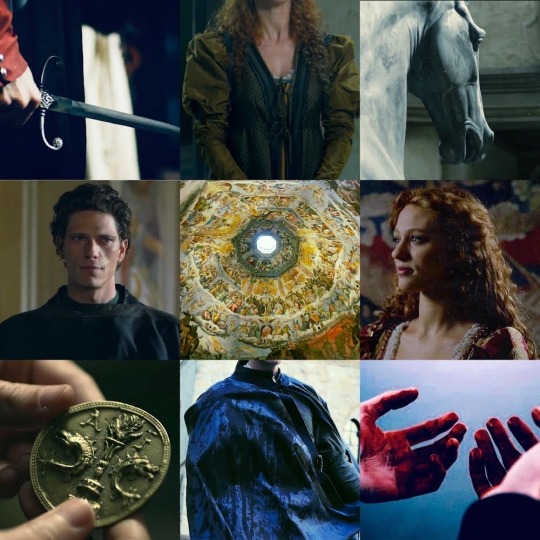
#they deserved better#xhideyourfires#francesco pazzi#novella foscari#medici theme song#i medici#the lost love of francesco pazzi#daughter of venice#son of florence#Spotify
8 notes
·
View notes
Text
american made ౨ৎ



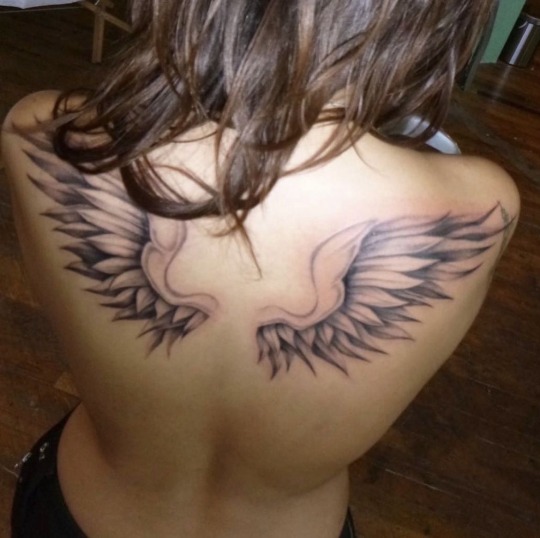


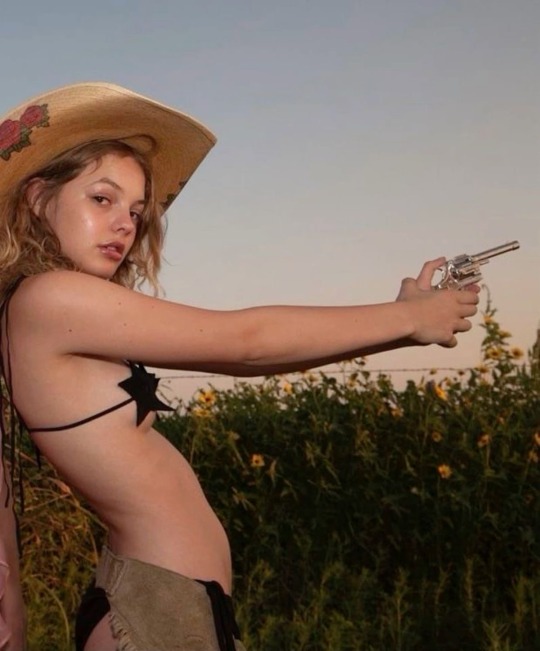

#girlblogger#coquette#femcel#female manipulator#girl blogger#this is what makes us girls#dollette#lana del rey#lanadelrey#pink#coquette americana#vintage americana#americana#venice bitch#preachers daughter#girl blogging#born to die#girl interrupted syndrome#girlblogging#feminine#lizzy grant#it girl#vs angel#angelic#coney island queen#pink pilates girl#pink pilates princess#nyphette#balletcore#black swan
3K notes
·
View notes
Text

#gaslight gatekeep girlblog#this is a girlblog#femcel#feminine rage#feminine urge#lana del rey#lizzy grant#may jailer#venice bitch#bpd#bpd fp#bpd thoughts#girlblogging#actually bpd#female hysteria#femcore#manic pixie dream girl#coquette dollete#coquette#hyper feminine#pink aesthetic#blythe doll#gloomy coquette#female rage#girly stuff#just girly things#girlcore#girl interrupted syndrome#this is what makes us girls#farmer's daughter
1K notes
·
View notes
Text
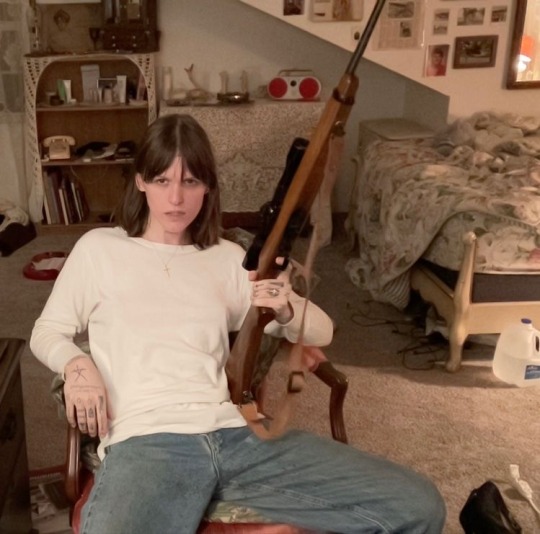




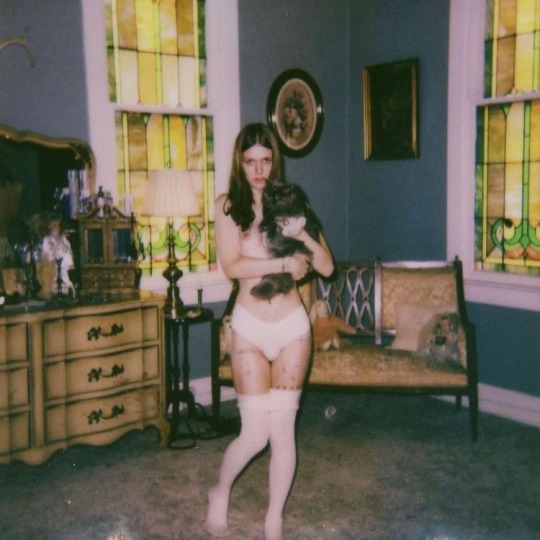
ethel cain ♡
#ethel cain#coquette#americana#it girl#girblogging#gaslight gatekeep girlboss#lizzy grant#girly#femcel#cigarette#lux lisbon#vintage americana#lana del rey#hyperfeminine#teen idle#farmers daughter#venice bitch#waispo#girly things#female manipulator#lily rose depp#manic pixie dream girl#stargirl#mermaid motel#trailer park princess
912 notes
·
View notes
Text




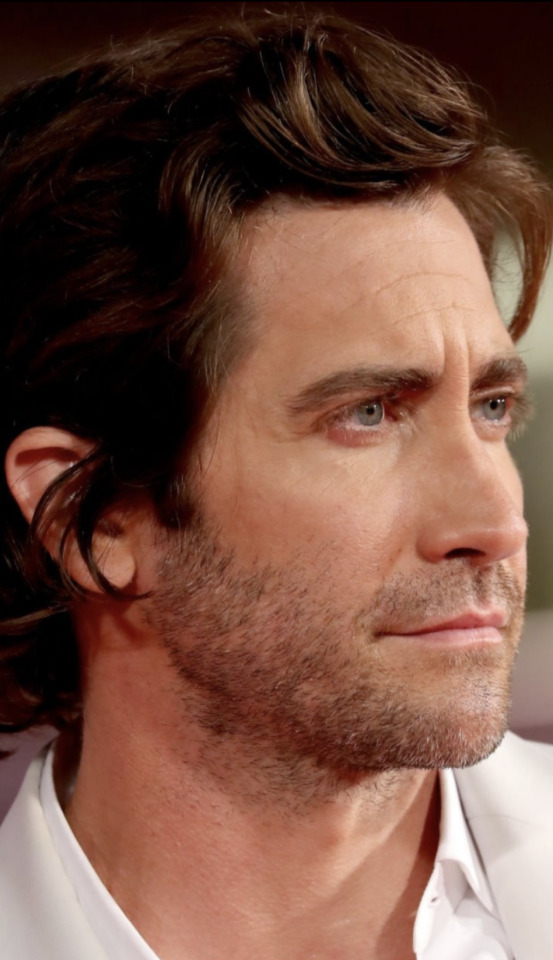



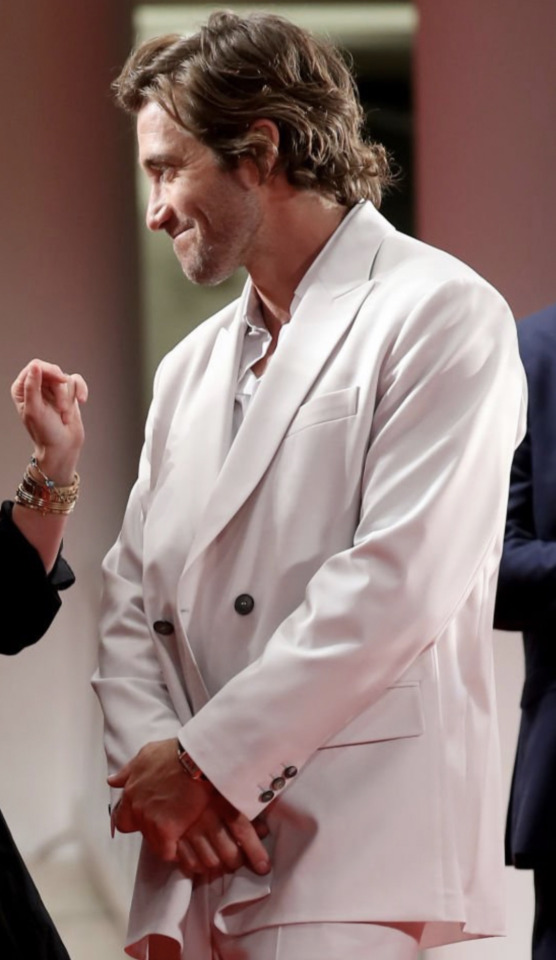
Jake Gyllenhaal at ‘The Lost Daughter' Venice premiere on September 3, 2021. ✨✨✨
#jake gyllenhaal#he looked amazing#venice#venice film festival#venice international film festival#the lost daughter#september 3
77 notes
·
View notes
Note
I truly think mxtx’s intention was to set up a romance where wangxian’s appeal was one being a righteous cultivator and the other being one that fell from grace and how society and perception
both their own perception of each other/themselves and how others view them
was the thing keeping them apart and how they were going to overcome both these things
very pride and prejudice
and that IS what happened
but I think what she ended up with was something more romeo and Juliet - where the story is toted as a romance but underneath that it’s a tragedy, and the ending of mdzs is just too tragic bc the only ones who are arguably happy at the end are wangxian when the cast is so FULL
and full of people who only got unhappy endings or death
that last ramble got me thinking maybe we, the readers, have been looking at mdzs the wrong way. maybe mdzs is meant to be a tragedy and it just got popular as a romance. but I think I read or heard somewhere once that that’s the appeal of Chinese romances - a tragic ending with the implication that the lovers will be happy together in the next life
I hope it's okay that I combined the two Asks since they're so closely related! (Also--and this goes to everyone--if you're messaging me not on anon and prefer an answer privately rather than on the blog, lmk!)
This is interesting to consider, because my own issue is the opposite, I think: it's not that there are too many tragic elements in the happy romance, but that there's too much silly goofy trope stuff in the tragedy! I love tragedy. All my favorite works are tragedies! My all-time favorite TV show is S1 of The Terror, which tells us in the title card that every guy on the expedition is going to die miserably. I don't want everyone to die miserably in every work of fiction, obviously, but it's tragedy and/or hard-fought happiness that sticks with me.
So with the novel... yeah, all this tragedy happens, but it feels to me that it's pushed aside whenever it's in danger of harshing Wangxian's squee. I've already talked a bunch about Novelxian's past not seeming to impact him overmuch, in which case: why do it? Why do any of the plot itself, really, since nothing involving NMJ's murder has anything to do with Wangxian beyond NHS's prodding of MXY? Why have this elaborate tragedy of conflicting loyalties and betrayal and emotional devastation if we're just going to go "huh! well, that wraps that up!" and not engage with the fallout?
R&J's a good comparison, not because R&J isn't a tragedy (it for sure is!), but because R&J also has a lot of stuff going on and people like to argue about whether it's REALLY a romance or not. And like... it is. Of course it is. Romeo and Juliet's relationship is the relationship the text prioritizes. We aren't really meant to question the two of them prioritizing each other above all else. There are other themes going on there--to me personally, the play is a tragedy of adults failing children, because none of this would have happened if literally ANY adult had responsibly supported these kids--but the play is a tragic romance first and foremost.
But unlike MDZS, R&J doesn't skip on past the damage to other characters. Mercutio's death singlehandedly switches the play's genre from comedy to tragedy. Juliet continually struggles with the fact that Romeo killed Tybalt, even though Tybalt started it and he and Juliet don't have a relationship in the text. The play even spares some moments of reflection for Paris, even though literally nobody cares about Paris. Contrast all that with WQ and JYL barely being mentioned after their deaths, or LXC's seclusion being a nonissue. MDZS feels more like one of those weird problem plays, where a ~happy ending~ happens after so much messed-up shit that you're left going ????
MORE EMPHASIS ON THE TRAGEDY SO THE HAPPINESS FEELS BETTER, BASICALLY
#I'm specifically thinking of like... The Merchant of Venice#which has this gripping plot about a Jewish man finally lashing out against the society that's oppressed him and his people#so to many modern audiences the climax is the trial scene--which if you're sympathetic to Shylock is a tragedy#bc he is brought low and publicly humiliated and forcibly cut off from his community having already lost his daughter and his wealth#BUT SHAKESPEARE DID NOT WANT US TO QUESTION THIS EVEN A LITTLE BIT#so after the trial you get an ENTIRE FINAL ACT of the most tedious goddamn romcom nonsense put to paper#with almost zero mention of the trial even from Shylock's daughter Jessica bc Shakespeare meant this as a comedy with a fun happy ending#obviously these are not equivalent scenarios bc MDZS isn't out here contributing to centuries of antisemitism#but the TYPE of tonal dissonance is the same and the placement thereof is similar
19 notes
·
View notes
Text


oh god, miss you on my lips, it’s me your little venice bitch
#venice bitch#Lana’s daughter#I really am a Venice bitch#my photo#personal#venice#venezia#lana del rey#lana del rey lyrics#nfr era#lana del rey aesthetic#lana is god#lana stan#lana del rey nfr#it’s me your little Venice bitch
9 notes
·
View notes
Text

The Vampires of Venice: Sorry about your stag do, Rory… Corpses and terror fill the canals as the Doctor, Amy and Rory visit 16th century Venice.
The Doctor’s Daughter: As the shadows of war loom on the planet Messaline, the Doctor meets a woman who claims to be his own flesh and blood...
9 notes
·
View notes
Text
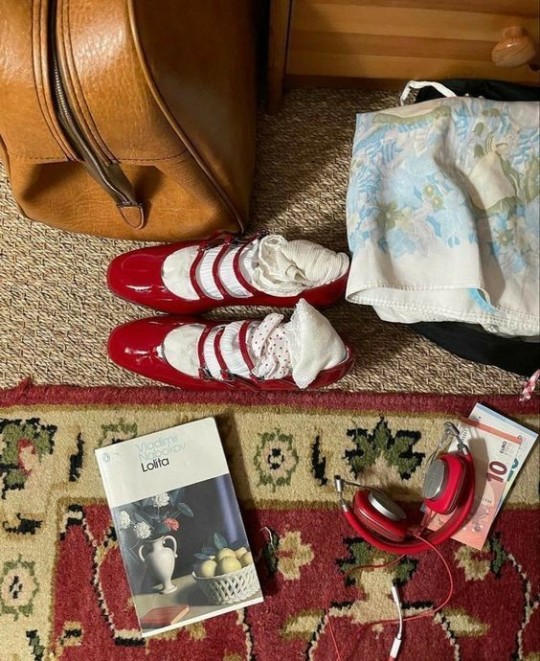
#i would do anything to get a pair of red mary janes#ANYTHING#preferably with two or more straps#or green mary janes#im just a sucker for cool fancy shoes#girlblogger#girlblogging#coquette#cinnamon girl#farmers daughter#vintage americana#venice bitch
19 notes
·
View notes
Text
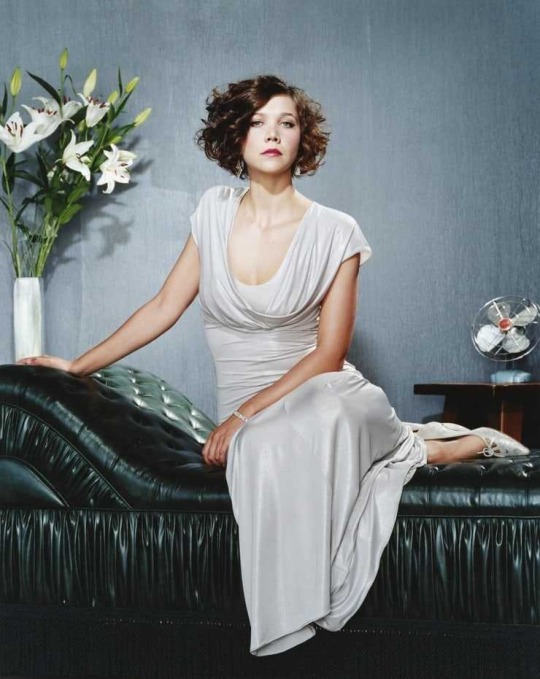
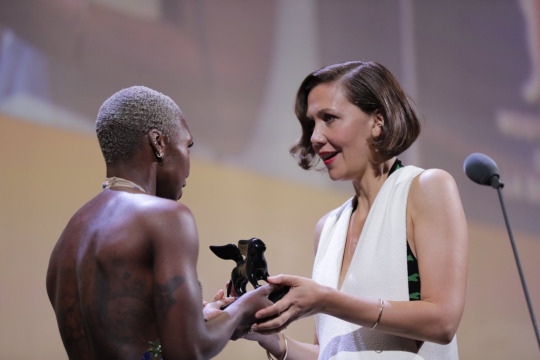
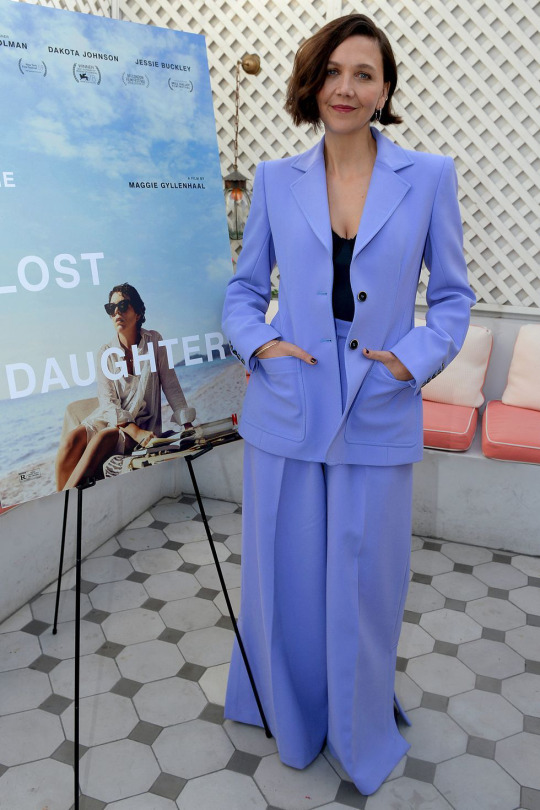
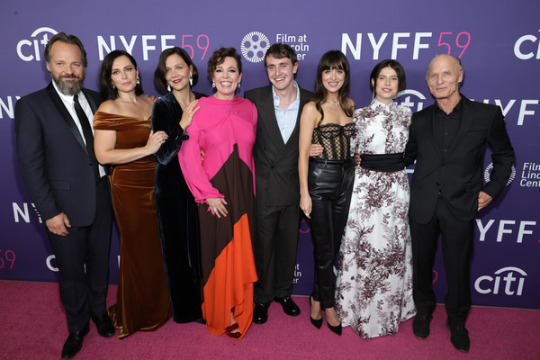
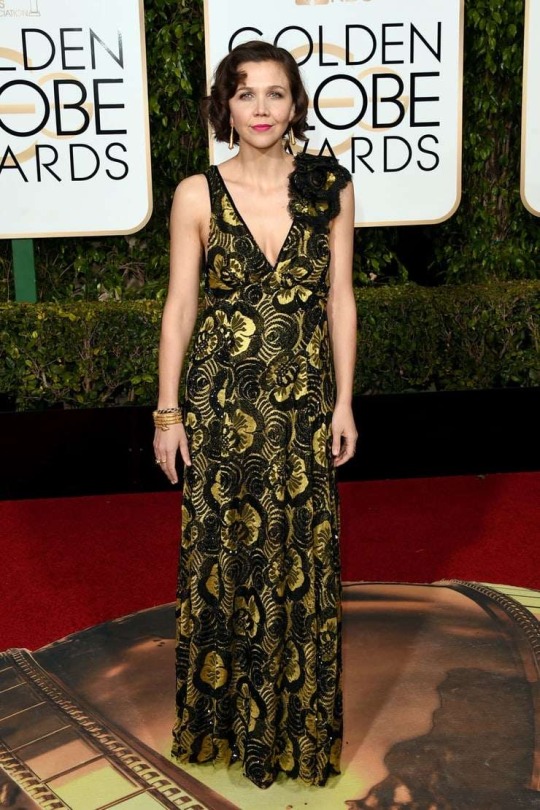

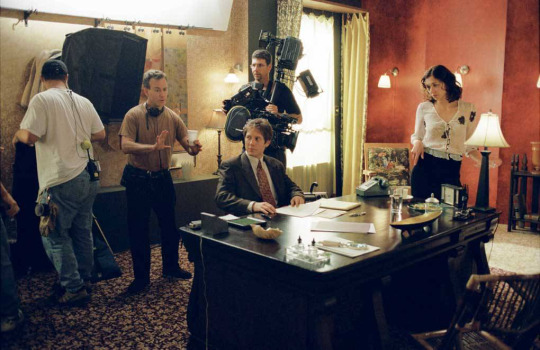

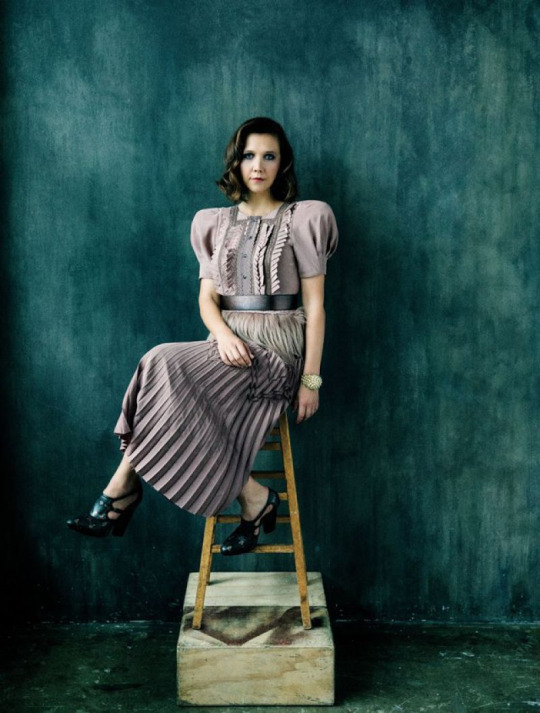

Happy Birthday Maggie Gyllenhaal!
#Maggie Gyllenhaal#celeb birthdays#actress#female screenwriters#female directors#fashion photography#red carpet fashion#pretty dresses#venice film festival#best screenplay#festival de cannes#The Lost Daughter#Olivia Colman#Jessie Buckley#Dakota Johnson#Paul Mescal#Peter Sarsgaard#Ed Harris#Dagmara Dominczyk#Secretary#James Spader#Steven Shainberg
16 notes
·
View notes
Text
tag game ✨️
I was tagged by @singingtillthemorn to post my lockscreen, homescreen, last song I listened to, and last photo from my camera roll. 💗 Thank you Sonja, hope you're having a great Monday. 🥰


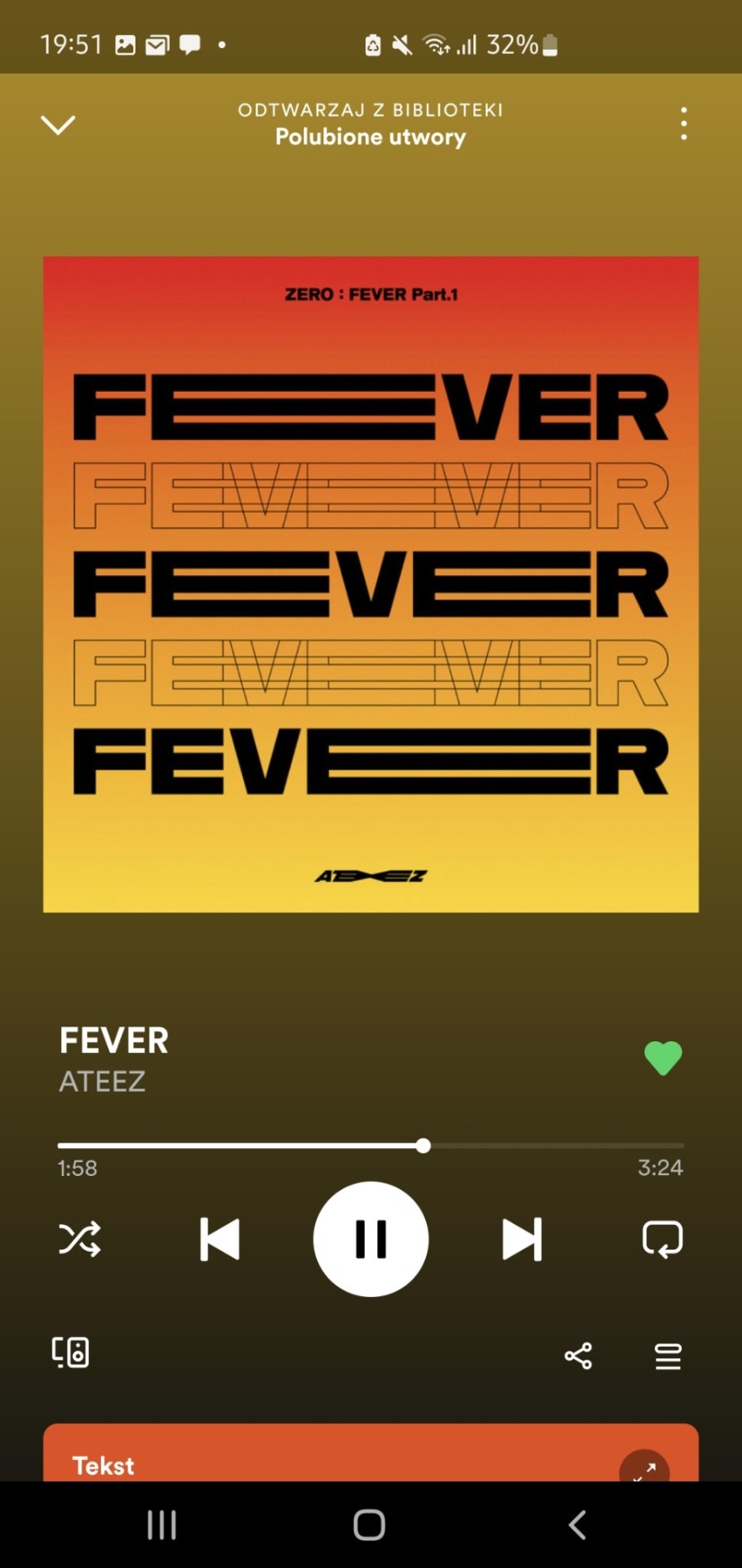
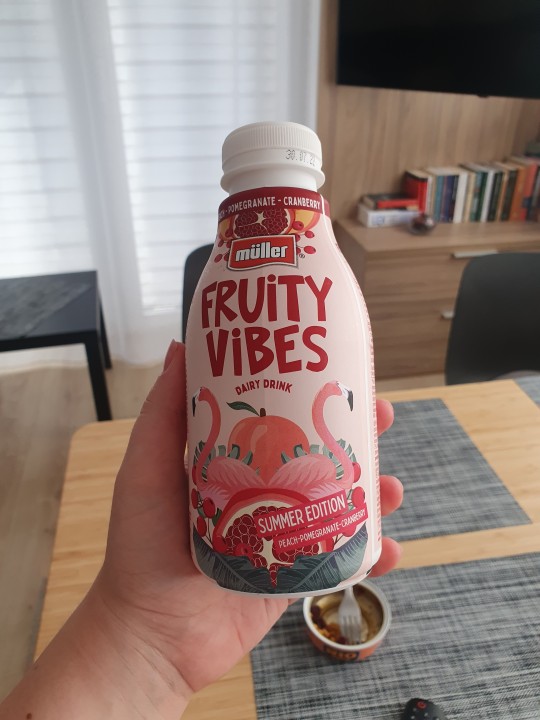
yess let's ignore all the unread stuff on my phone aha......
tagging some of my lovely moots: @aprylynn, @wistfulocean, @kimchokejin, @ki-limepie, @jungkkyuk, @jeonggukshi, @hopeinthebox. 🌸 hope everybody is well and sending you a big hug 🫂
#tag games#personal#my lockscreen is a painting of venice btw <3 im waiting excitedly and nervously to move there ngnngngng#and ofc a classic bangtan wallpaper cause paradise is ✨️free therapy✨️#my mother literally said nothing when she was picking up some of my stuff and bought me this yoghurt.#and then i noticed the fruit vibes twinkle twinkle design so i sent it to her and was like.#do you think you're funny.#(she thought so yes.)#(how funny haha her daughter is a fruitcake haha.)
19 notes
·
View notes
Text

They were supposed to be happy…
#francesco pazzi#novella foscari#francescoxnovella#francesco deserved better#novella deserved better#i medici#medici the magnificent#medici the masters of florence#medici the art of power#medici the beauty and the power#son of the renaissance#daughter of Venice#medici edit
15 notes
·
View notes
Text
i'm sick in the head and it's not even my fault
#lana del rey#girlblogging#bpd#bpd fp#bpd thoughts#this is a girlblog#actually bpd#female hysteria#femcore#manic pixie dream girl#femcel#just girly thoughts#just girly things#girly stuff#borderline personality disorder#bpd vent#coquette dollete#gloomy coquette#this is what makes us girls#farmer's daughter#girl interrupted#girl interrupted syndrome#lana del ray aka lizzy grant#venice bitch#gaslight gatekeep girlblog#gaslight gatekeep girlboss#girblogger#alana champion#fp bpd#hyper feminine
31 notes
·
View notes
Text



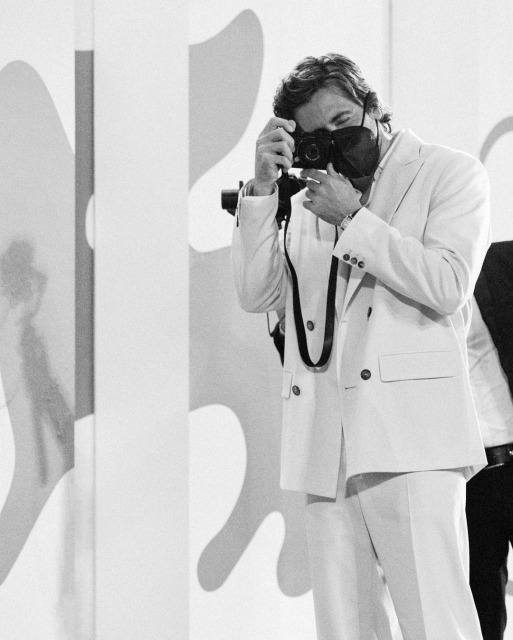
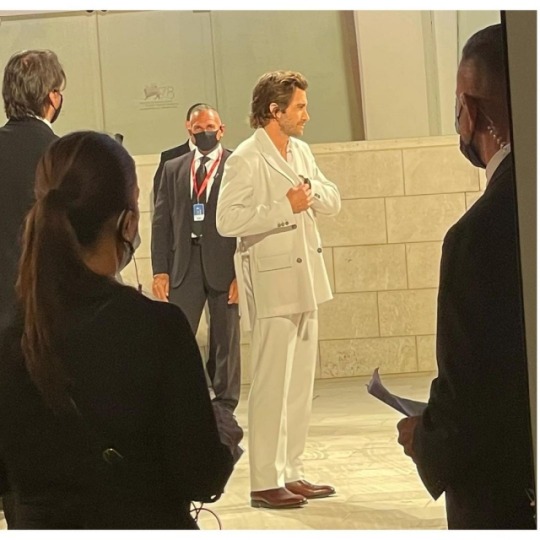



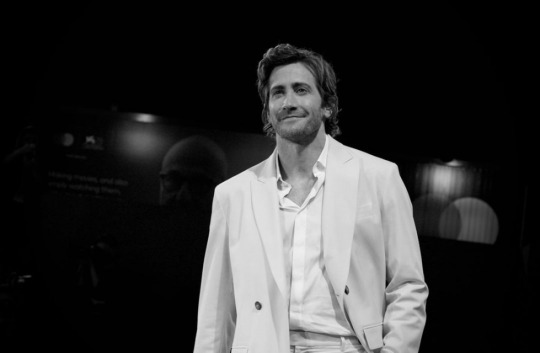
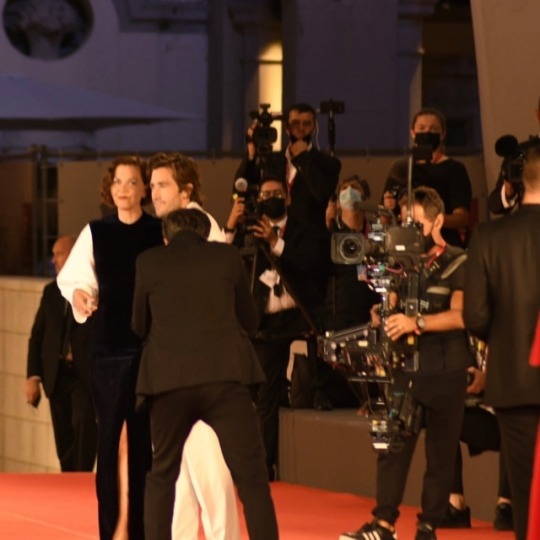
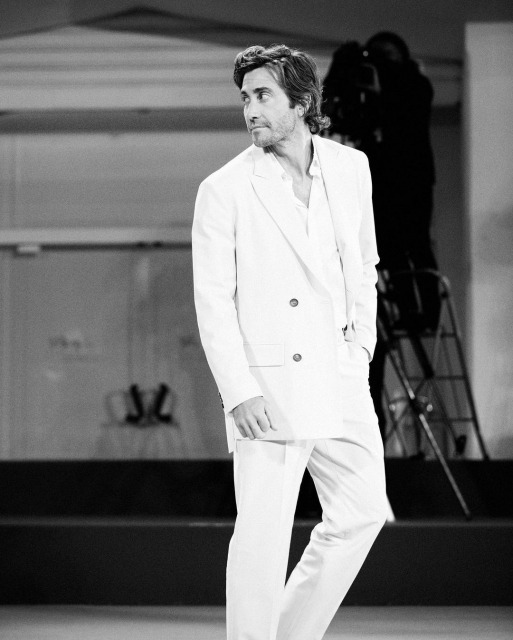
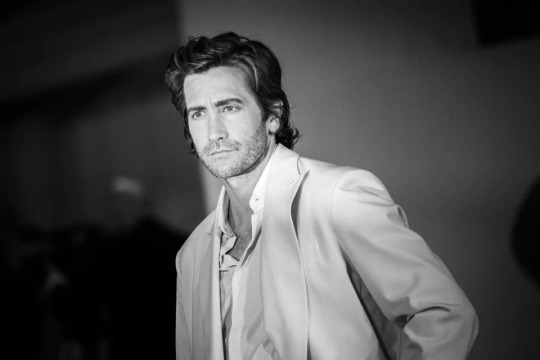
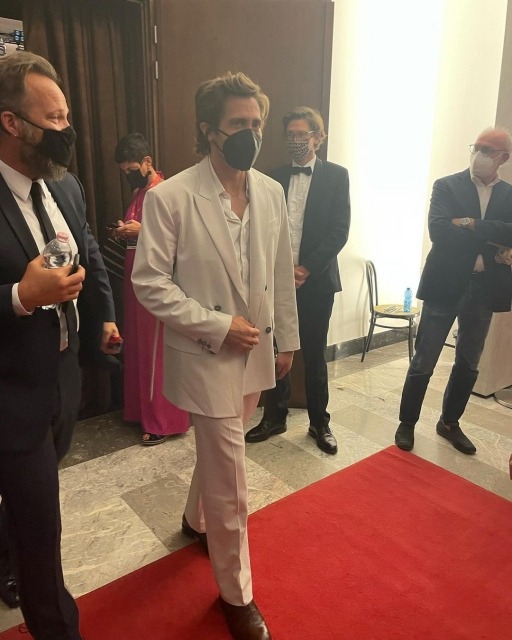

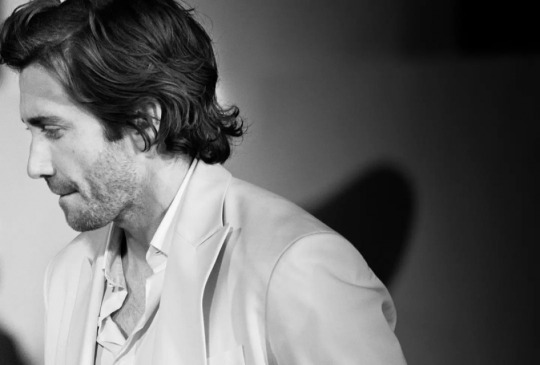





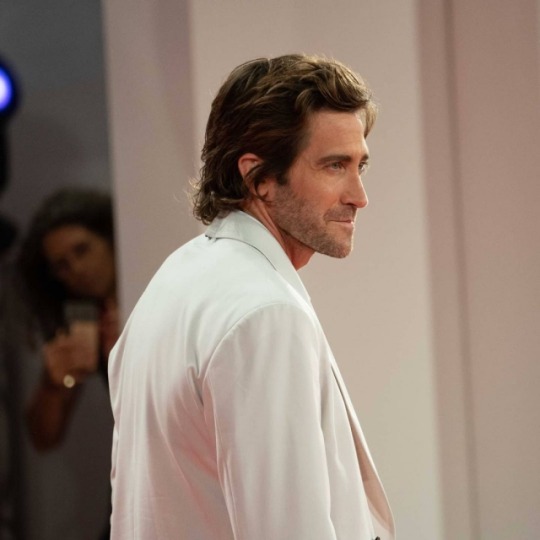

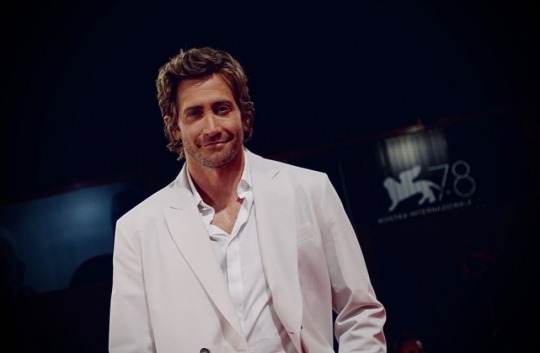

78th Venice Film Festival-The Lost Daughter Premiere 2(2021) pics...
#78th Venice Film Festival-The Lost Daughter Premiere 2(2021)#jacob benjamin gyllenhaal#jacob gyllenhaal#jake gyllenhaal#maggie gyllenhaal
5 notes
·
View notes
Text
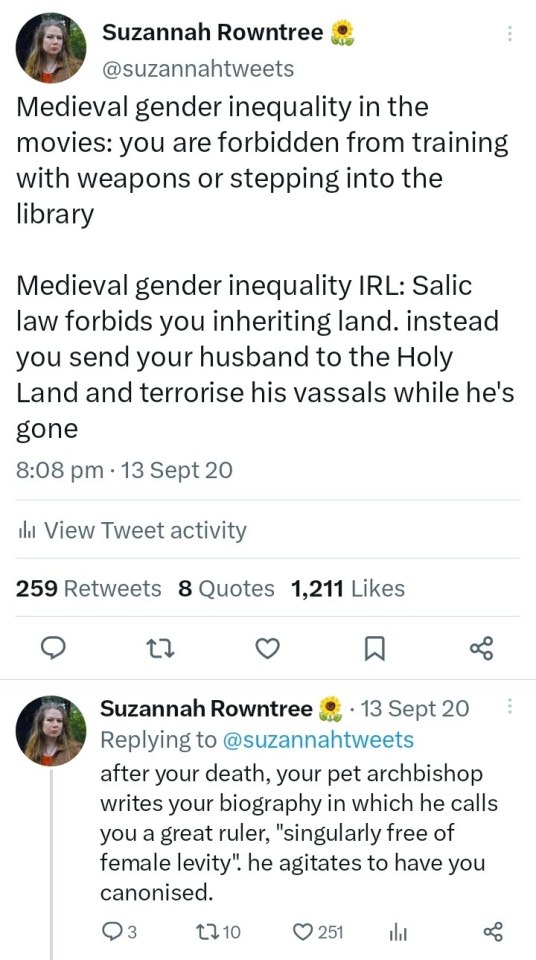
all RIGHT:
Why You're Writing Medieval (and Medieval-Coded) Women Wrong: A RANT
(Or, For the Love of God, People, Stop Pretending Victorian Style Gender Roles Applied to All of History)
This is a problem I see alllll over the place - I'll be reading a medieval-coded book and the women will be told they aren't allowed to fight or learn or work, that they are only supposed to get married, keep house and have babies, &c &c.
If I point this out ppl will be like "yes but there was misogyny back then! women were treated terribly!" and OK. Stop right there.
By & large, what we as a culture think of as misogyny & patriarchy is the expression prevalent in Victorian times - not medieval. (And NO, this is not me blaming Victorians for their theme park version of "medieval history". This is me blaming 21st century people for being ignorant & refusing to do their homework).
Yes, there was misogyny in medieval times, but 1) in many ways it was actually markedly less severe than Victorian misogyny, tyvm - and 2) it was of a quite different type. (Disclaimer: I am speaking specifically of Frankish, Western European medieval women rather than those in other parts of the world. This applies to a lesser extent in Byzantium and I am still learning about women in the medieval Islamic world.)
So, here are the 2 vital things to remember about women when writing medieval or medieval-coded societies
FIRST. Where in Victorian times the primary axes of prejudice were gender and race - so that a male labourer had more rights than a female of the higher classes, and a middle class white man would be treated with more respect than an African or Indian dignitary - In medieval times, the primary axis of prejudice was, overwhelmingly, class. Thus, Frankish crusader knights arguably felt more solidarity with their Muslim opponents of knightly status, than they did their own peasants. Faith and age were also medieval axes of prejudice - children and young people were exploited ruthlessly, sent into war or marriage at 15 (boys) or 12 (girls). Gender was less important.
What this meant was that a medieval woman could expect - indeed demand - to be treated more or less the same way the men of her class were. Where no ancient legal obstacle existed, such as Salic law, a king's daughter could and did expect to rule, even after marriage.
Women of the knightly class could & did arm & fight - something that required a MASSIVE outlay of money, which was obviously at their discretion & disposal. See: Sichelgaita, Isabel de Conches, the unnamed women fighting in armour as knights during the Third Crusade, as recorded by Muslim chroniclers.
Tolkien's Eowyn is a great example of this medieval attitude to class trumping race: complaining that she's being told not to fight, she stresses her class: "I am of the house of Eorl & not a serving woman". She claims her rights, not as a woman, but as a member of the warrior class and the ruling family. Similarly in Renaissance Venice a doge protested the practice which saw 80% of noble women locked into convents for life: if these had been men they would have been "born to command & govern the world". Their class ought to have exempted them from discrimination on the basis of sex.
So, tip #1 for writing medieval women: remember that their class always outweighed their gender. They might be subordinate to the men within their own class, but not to those below.
SECOND. Whereas Victorians saw women's highest calling as marriage & children - the "angel in the house" ennobling & improving their men on a spiritual but rarely practical level - Medievals by contrast prized virginity/celibacy above marriage, seeing it as a way for women to transcend their sex. Often as nuns, saints, mystics; sometimes as warriors, queens, & ladies; always as businesswomen & merchants, women could & did forge their own paths in life
When Elizabeth I claimed to have "the heart & stomach of a king" & adopted the persona of the virgin queen, this was the norm she appealed to. Women could do things; they just had to prove they were Not Like Other Girls. By Elizabeth's time things were already changing: it was the Reformation that switched the ideal to marriage, & the Enlightenment that divorced femininity from reason, aggression & public life.
For more on this topic, read Katherine Hager's article "Endowed With Manly Courage: Medieval Perceptions of Women in Combat" on women who transcended gender to occupy a liminal space as warrior/virgin/saint.
So, tip #2: remember that for medieval women, wife and mother wasn't the ideal, virgin saint was the ideal. By proving yourself "not like other girls" you could gain significant autonomy & freedom.
Finally a bonus tip: if writing about medieval women, be sure to read writing on women's issues from the time so as to understand the terms in which these women spoke about & defended their ambitions. Start with Christine de Pisan.
I learned all this doing the reading for WATCHERS OF OUTREMER, my series of historical fantasy novels set in the medieval crusader states, which were dominated by strong medieval women! Book 5, THE HOUSE OF MOURNING (forthcoming 2023) will focus, to a greater extent than any other novel I've ever yet read or written, on the experience of women during the crusades - as warriors, captives, and political leaders. I can't wait to share it with you all!
#watchers of outremer#medieval history#the lady of kingdoms#the house of mourning#writing#writing fantasy#female characters#medieval women#eowyn#the lord of the rings#lotr#history#historical fiction#fantasy#writing tip#writing advice
29K notes
·
View notes